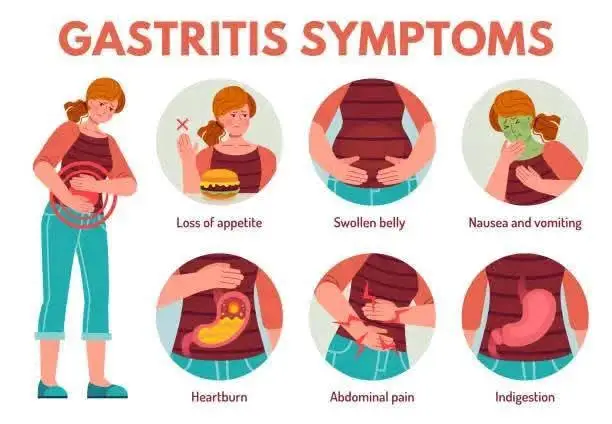Soralla De Los Ángeles Oficial
Region: PE
Thursday 16 October 2025 14:28:11 GMT
30589
803
15
501
Music
Download
Comments
Camu :
que es salvia
2025-10-18 11:29:09
1
LADY 🤎🧿 :
No puedo trabajar tranquila, tengo compañeros que hacen de todo para que hacerme quedar mal .😢😢
2025-10-16 16:42:21
3
janeth :
gracias 🙏🙏🙏
2025-10-18 14:05:37
1
💋simplemente única💋 :
Que es salvia x fa
2025-10-17 11:13:33
1
liana&$ :
yo soy escorpio
2025-10-17 12:21:12
1
Ozzy :
yo necesito eso
2025-10-16 16:35:05
1
Magda :
porfa 🙏 gracias
2025-10-16 21:02:11
1
victoriavargashua :
gracias gracias
2025-10-18 03:50:32
1
Patty Chavez :
que es salvia
2025-10-16 20:26:14
1
Myriam :
Gracias gracias gracias 💫
2025-10-17 03:00:50
1
Patricia Rojas Salas :
Qué es la envidia ? Es cuando la otra persona desea lo que tú tienes o se siente mal por lo que has logrado, entonces que poder tienes tú sobre la otra persona, los demás pueden sentirse como decidan, nada puedes ni debes hacer, solo enfocarte en ti, en todo caso si te envidian es porque vas por buen camino, dejen el drama 💜
2025-10-16 22:26:27
1
To see more videos from user @soralladelosangeles, please go to the Tikwm
homepage.





